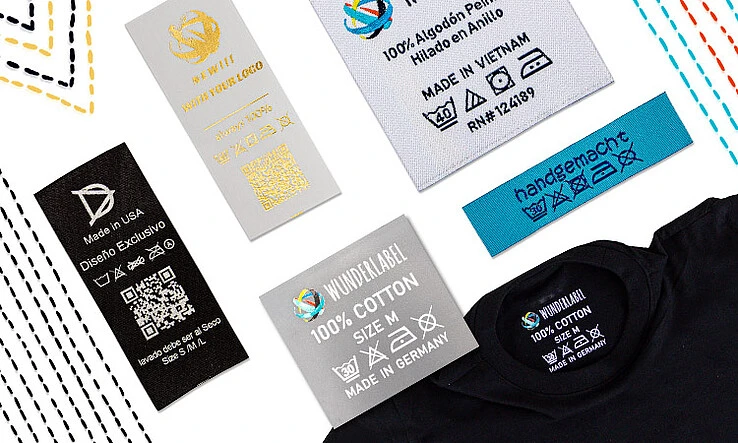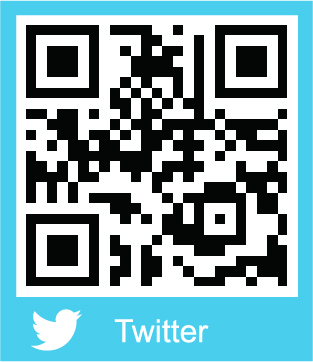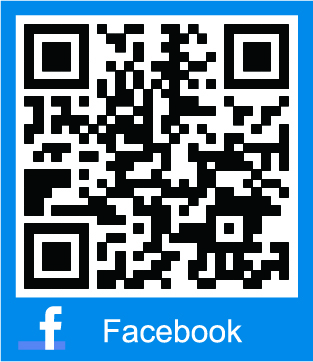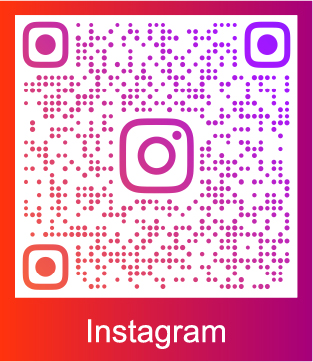Global Smart Label Market Reaches USD 12.4 Billion

According to the overseas research agency FMI’s report “Smart Labels Market Size and Share Forecast Outlook (2025–2035)”, the global smart label market is valued at USD 12.4 billion in 2025 and is expected to reach USD 34.9 billion by 2035, with an absolute increase of USD 22.4 billion during the forecast period. This means the total market growth rate will reach 180.6%, and between 2025 and 2035, the market is expected to expand at a compound annual growth rate (CAGR) of 10.9%.
The growth is driven by the rising use of automated inventory management systems, the increasing need for supply chain visibility, and growing consumer demand for product authentication and traceability in retail and logistics applications. Retailers and logistics providers are continuously enhancing their smart label deployment capabilities.
From 2025 to 2030, the smart label market is expected to grow from USD 12.4 billion to USD 20.6 billion, an increase of USD 8.2 billion, accounting for 36.6% of the total expected growth over the next decade.
Currently, the global smart label market is entering a period of rapid growth and transformation. Retailers, logistics companies, and brands from both developed and emerging markets are actively seeking smart labeling solutions that can achieve automated tracking, inventory visualization, anti-counterfeiting verification, and consumer interaction. In this context, smart labels are no longer limited to being replacements for barcodes; they are becoming strategic platforms driving the development of e-commerce and smart supply chains.
E-commerce penetration is increasing across the Asia-Pacific, Latin America, and Middle East & Africa regions, and the expansion of omnichannel retail is further boosting demand for smart labels. Meanwhile, technology providers are upgrading RFID chip performance, sensor integration, and cloud connectivity to better meet diverse market needs.
In the apparel and footwear sector, item-level RFID tags are being adopted to improve inventory accuracy and product traceability. In the cold chain field, smart sensor labels that integrate temperature, humidity, and vibration sensors enable real-time monitoring of pharmaceuticals, fresh food, and biological products. These quality-monitoring smart labels are likely to command a price premium.
Near Field Communication (NFC) smart tags enable consumers to use smartphones to access product information, verify authenticity, and engage in personalized interactions with brands. Brands are using NFC technology to build emotional connections with consumers and communicate brand culture, making NFC labels a promising area for future growth.
In healthcare and pharmaceuticals, stricter regulations on drug traceability and anti-counterfeiting have driven mandatory adoption of smart labels across the supply chain, with market size expected to reach USD 4–6.5 billion.
In logistics and parcel tracking, the rapid growth of e-commerce and demand for automated parcel sorting are increasing the use of smart labels, which help reduce manual scanning and significantly improve delivery efficiency and accuracy.
In food traceability, rising consumer demand for transparency and stricter food safety regulations are driving the use of smart labels that record the entire process “from farm to table,” with market size projected to reach USD 2.5–4.2 billion.
In industrial asset tracking, manufacturers and construction firms are using RFID tags for equipment location, maintenance planning, and asset management, with a projected market value of USD 1.8–3.2 billion.
The smart label market can be analyzed by technology type, end-use, and region.
By technology, RFID tags account for 52% of the smart label market in 2025, confirming their leading role as the core solution. Compared with traditional barcodes, RFID tags offer longer read ranges, simultaneous multi-tag scanning, and contactless reading. Therefore, more retailers and logistics operators are investing in RFID labels.
In large-scale retail and distribution, RFID’s accurate tracking and improved inventory management enhance efficiency and reduce labor costs. RFID technology has become the foundation of modern automated supply chain operations, offering the most scalable solution for various retail and logistics applications.
Many companies are investing heavily in RFID infrastructure and integrated software platforms. Because RFID labels help improve operational efficiency and enhance consumer experience, they have become an essential part of omnichannel retail strategies.
Sources











